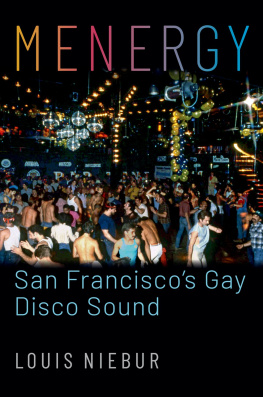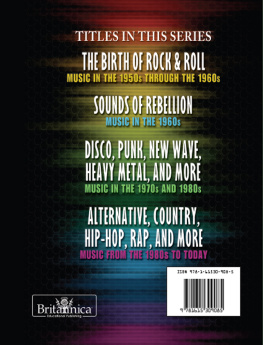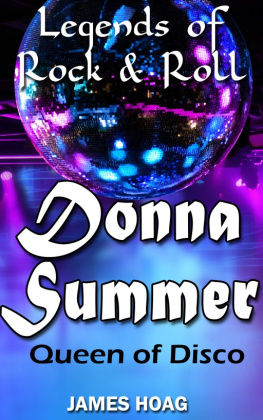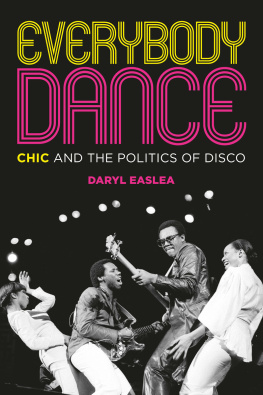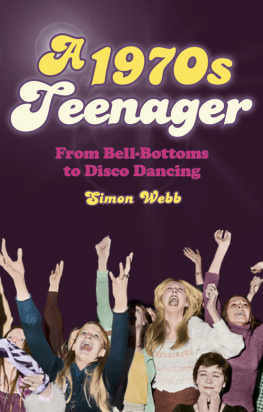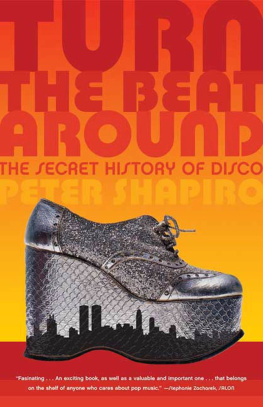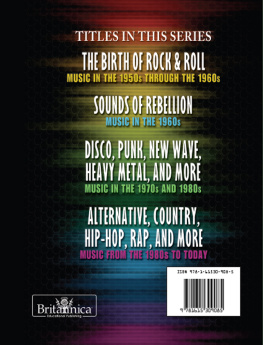Menergy

Oxford University Press is a department of the University of Oxford. It furthers the Universitys objective of excellence in research, scholarship, and education by publishing worldwide. Oxford is a registered trade mark of Oxford University Press in the UK and certain other countries.
Published in the United States of America by Oxford University Press
198 Madison Avenue, New York, NY 10016, United States of America.
Oxford University Press 2022
All rights reserved. No part of this publication may be reproduced, stored in a retrieval system, or transmitted, in any form or by any means, without the prior permission in writing of Oxford University Press, or as expressly permitted by law, by license, or under terms agreed with the appropriate reproduction rights organization. Inquiries concerning reproduction outside the scope of the above should be sent to the Rights Department, Oxford University Press, at the address above.
You must not circulate this work in any other form and you must impose this same condition on any acquirer.
Library of Congress Cataloging-in-Publication Data
Names: Niebur, Louis, 1971 author.
Title: Menergy : San Franciscos gay disco sound / Louis Niebur.
Description: [First.] | New York : Oxford University Press, 2022. |
Includes bibliographical references and index.
Identifiers: LCCN 2021036239 (print) | LCCN 2021036240 (ebook) |
ISBN 9780197511084 (paperback) | ISBN 9780197511077 (hardback) |
ISBN 9780197511107 (epub)
Subjects: LCSH: Disco musicCaliforniaSan FranciscoHistory and
criticism. | Electronic dance musicCaliforniaSan FranciscoHistory and criticism. | Sound recording industryCaliforniaSan
FranciscoHistory20th century. | Gay menCaliforniaSan
FranciscoSocial life and customs20th century. | Castro (San Francisco, Calif.)
Classification: LCC ML3526 .N54 2022 (print) | LCC ML3526 (ebook) |
DDC 781.648155409794/61dc23
LC record available at https://lccn.loc.gov/2021036239
LC ebook record available at https://lccn.loc.gov/2021036240
DOI: 10.1093/oso/9780197511077.001.0001
To my dancing brothers never forgotten
Contents
This book has been a long time coming, and there are many people who made it possible. At the University of Nevada, Reno (UNR), I would like to thank the College of Liberal Arts and the Department of Music, who generously funded my research. I couldnt have written this book without the clerical assistance of Vicki Bell, Cynthia Prescott, and Neva Sheehan, the support of department chairs Dmitri Atapine and Peter Epstein, and the invaluable staff at the UNR Knowledge Center, especially Amy Hunsaker, Maggie Ressel, Rayla Tokarz, and Jennifer Wykoff. Thank you to Michael C. Oliveira at the ONE National Gay and Lesbian Archives at the USC Libraries, and Isaac Fellman, Alex Barrows, and Joanna Black at the GLBT Historical Society in San Francisco. Thank you to the Oral History Center, the Bancroft Library at the University of California at Berkeley. Huge thanks to my editor, Norm Hirschy, at Oxford University Press for again making this process run so smoothly. His wisdom, experience, and most of all friendship over the last decade has been essential to this project and I cant imagine how different this book would be without his guidance.
Special thanks to my amazing colleagues Julianne Lindberg, Ruthie Meadows, and Eric Fassbender. Our consistent writing dates and your wise feedback kept me focused and inspired, as did discussions with graduate students Brad Bynum, Cole Peck, Geoff Scott, and Brian Wright. Brian Eno and Mobys ambient music calmed my anarchic mind for writing. Brett Van Hoesen and Julianne Lindberg deserve special thanks for forming the School of the Arts Research Group, a wonderful place to test out ideas. Thanks to Scott Smale for listening to my ramblings with an open mind and ear, and for loving to dance. Duke Day and Mike Richardson also deserve love and thanks, dear friends who always let me crash at their place in the most expensive city in the country, and who are always up for a laugh.
Historian J. D. Doyle has been unbelievably generous with his time and support; hes one of my heroes, and an inspiration for any scholar of our queer musical heritage. DJ and producer Josh Cheon is also a major force in the promotion of the legacy of queer popular and dance music, primarily through his Dark Entries record label. Thank you for your encouragement and wisdom. Likewise, Joshua Gamsons friendship and guidance (not to mention the sharing of his personal archive) have been a constant gift to this project. With his biography of Sylvester he proved that it was possible to capture in writing the essence of San Franciscos magic and its influence on its unique artists. Thank you, too, musicologists, dance historians, and other friends throughout the world who have helped and guided me, especially Byron Adams, Christina Baade, Philip Brett, Jennifer Doctor, Robert Fink, Aaron Hill, Nate Hodges, Loren Kajikawa, James Kennaway, Val Martinez, Susan McClary, Mitchell Morris, Josh Reed, Cecilia Sun, and my colleagues in disco Hunter Charlton and Jaap Kooijman.
My greatest thanks must go to all the amazing people who shared their experiences with me, incredible stories of friendship, dancing, and musicking. Thank you to Mark Abramson, Ken Alan, Marianna Beachdell, Blackberri, Barry Blum, Joe Bomback, Steven Ames Brown, John Carollo, Brian Chin, Keefe Chow, Karl Davis, Dana Daye, Steve Fabus, Joan Faulkner, Lisa Fredenthal-Lee, Richard Guile, Katie Guthorn, Mike Gymnaites, John Hedges, Gregory Higgins, Linda Imperial, Audrey Joseph, Bobby Kent, Ernest Kohl, Jim Komarek, Kurt Lawson, Rhani Lee, Robert Lee, Gene Leone, John Levy, Sharon McKnight, Carla Ann Nicholson, Dan Nicoletta, Chris Njirich, Matthew McQueen, Jim Piechota, Benji Rubenstein, Jennifer Collier Salisbury, Randall Schiller, Chrysler Sheldon, Chico Starr, Ian Anthony Stephens, Peter Struve, Marsha Stern, Jon Sugar, Jeanie Tracy, Maurice Tani, Lester Temple, Horace Jack Tolson, Bobby Viteritti, Dennis Wadlington, and Joe Yeary. I especially want to thank David Diebold for capturing the memories and experiences of so many artists and clubgoers in his essential Tribal Rites.
Jim Hopkinss ongoing work with the San Francisco Disco Preservation Society has enabled those of us who werent lucky enough to have been there to experience the music through his incredible recovery project. Thank you, Jim, for your generous patience with my endless questions.
Thank you to my parents for their unending encouragement and support; I wish mom could be here to see this project completed. I miss her every day. The loss of Mike, too, has been a huge blow to us all, but Oscar, Natalie, Lizzie, Violet, Chris, Heather, and Max are as solid a family as I could hope for. And finally, to my husband, David, who has listened to a lot of disco over the last ten years and hasnt complained yet, I love you, and thank you!
In September 2018, I recruited my husband and two friends from Reno to attend a Go Bang! party at San Franciscos historic bar the Stud. Not that they needed much encouragement. Our trips over the Sierra Nevada mountains, through the Donner Pass, to the City by the Bay for barhopping were cathartic and soul-affirming; weekends of dancing, drinking, socializing, staying at the notorious Becks Motor Lodge, and usually starting and ending with Marcellos Pizza on Castro Street. We were happy to be examples of the kind of tourists the gay mecca was known for attracting. This particular party at the Stud was a celebration of Sylvester, the high-energy disco star who in the late 1970s had kicked off the San Francisco sound in dance music, and the night would be filled with not only Sylvesters tunes but also the songs heard in San Franciscos gay nightclubs like the I-Beam and Trocadero Transfer in the early 1980s, from local labels like Megatone and Moby Dick Records. The DJ collective Go Bang! has hosted parties since 2008, focusing primarily on music of our collective gay past. This group of queer DJsSergio Fedasz, Jimmy DePre, Prince Wolf, and the legendary Steve Fabusfrequently themes its evenings around influential gay musical figures, including Patrick Cowley, Sylvester, Hector Xtravaganza, Juanita More, and Jerry Bonham.

